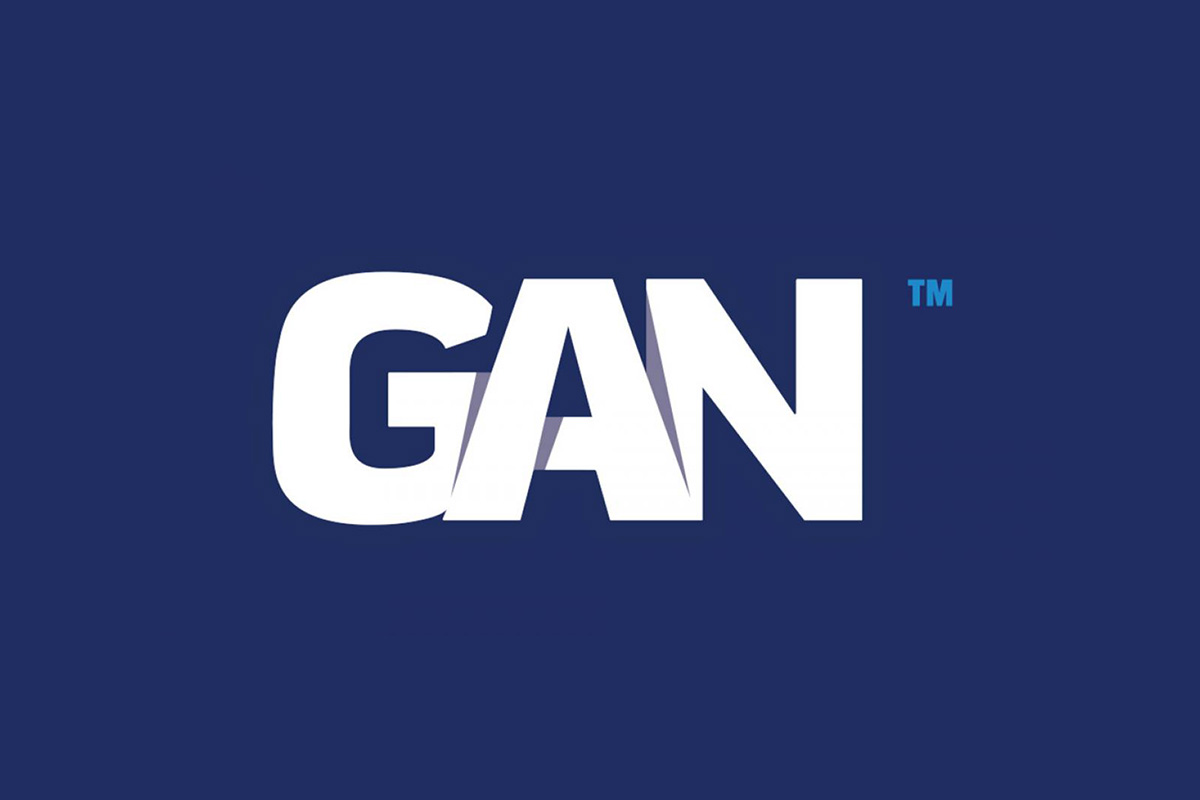
888 Deploys Diffusion for Real-Time Bingo App
Push Technology, the pioneer and leader in real-time intelligent data streaming and messaging solutions, today announced that 888 Holdings, one of the world’s leading online gaming entertainment and solutions providers, has chosen Push Technology’s Diffusion Intelligent Data Mesh to address their event-driven, real-time application requirements on its Dragonfish bingo platform. The deployment aims to provide network efficiencies and reduced infrastructure costs, as well as simplified application.
Ronen Tidhar, Bingo R&D Director at 888.com, said: “Diffusion’s data efficiency and delta streaming technology provide a big advantage over polling for live play. Diffusion has helped us in delivering an immersive, real-time player experience.”
You can read the complete 888 Holdings Case Study here.
Sean Bowen, CEO of Push Technology, said: “We are seeing constant demand for scalable, future-proof, real-time data delivery solutions. A key objective for application development teams is to establish, monitor, and manage data pipelines that extend Enterprise back-end systems through to the constantly proliferating array of end-user devices. To achieve this there is an increasing requirement for platform intelligence, which is what we provide.”
About Push Technology
Push Technology pioneered and leads the market in real-time data streaming and messaging solutions that power mission-critical business applications worldwide. The Diffusion Intelligent Data Mesh provides data aggregation, transformation and integration, and optimizes distribution of data to simplify application development, reduce infrastructure requirements, and speed time-to-market. Leading brands, across industries including: financial services, transportation, energy, retail, healthcare, eGaming, Internet of Things companies and more, use Diffusion to fuel revenue growth, customer engagement, and business operations. Diffusion® is available on-premise, in-the-cloud, or in hybrid configurations, to fit the specific business and infrastructure requirements of the applications operating in today’s everything connected world.
Learn how Push Technology can reduce infrastructure costs, and increase speed, efficiency, and reliability of web, mobile, and IoT applications at www.pushtechnology.com.
About 888 Holdings
888 Holdings Public Limited Company (888) is one of the world’s most popular online gaming entertainment and solutions providers. 888’s mission is to supply its customers with innovative and market-leading online gaming products, above all in a safe and secure environment. 888 has been at the forefront of the online gaming industry since foundation in 1997, providing to players and B2B partners an always innovative and world-class online gaming experience. At the heart of 888’s business is its proprietary gaming technology and associated platforms.
888 operates in three US states: Nevada, Delaware and New Jersey. The Group is structured into two lines of business: B2C, under the 888 brands, and B2B, conducted through Dragonfish, which provides partners a leading platform through which to establish an online gaming presence and monetize their own brands. 888’s consumer facing websites offer more than just online gaming. They are entertainment destinations: places where people can enjoy a truly interactive experience and be part of an online community that shares common interests. 888’s strong and trusted brands are all accessible through www.888.com.











